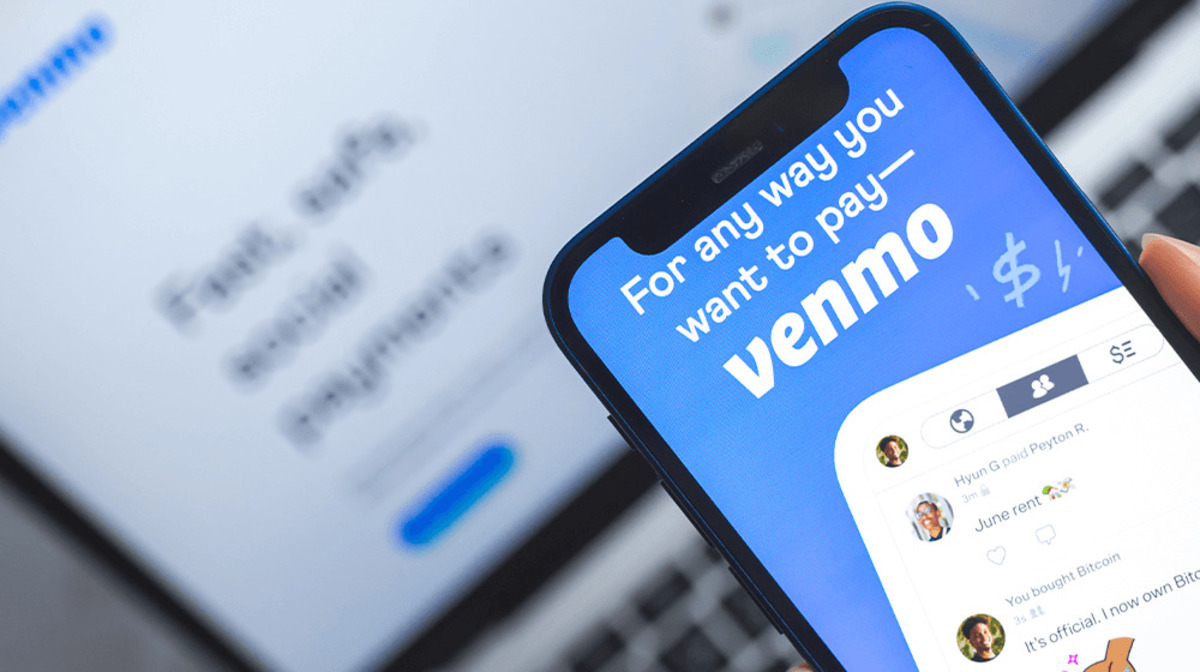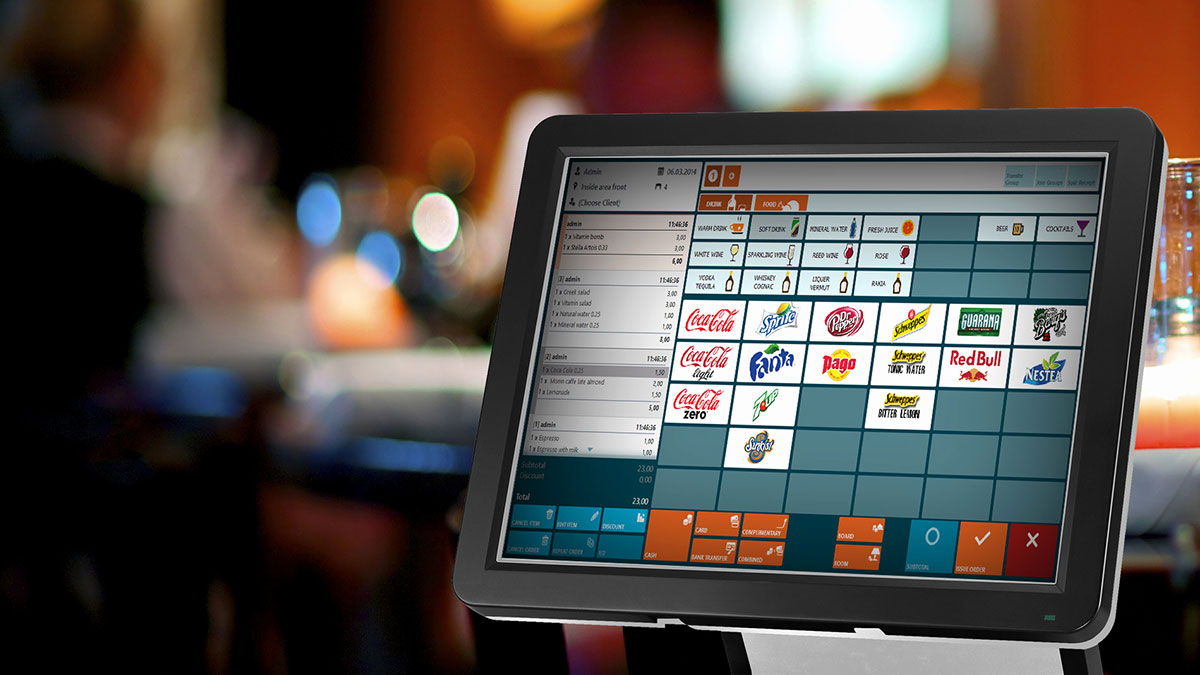Brazilian distribution platform Praso has recently secured $9.3 million in Series A funding and announced its acquisition of Floki’s intellectual property. Floki is a company that utilizes artificial intelligence to automate purchases for small bars and restaurants. With these developments, Praso aims to simplify the food purchasing process for retailers in Brazil.
Key Takeaway:
Praso, a Brazil-based company, has raised $9.3 million in funding and acquired Floki’s intellectual property. It aims to streamline food purchasing for retailers by leveraging technology and data-driven solutions.
Simplifying Food Purchasing for Brazilian Retailers
Retailers in Latin America, including Brazil, often face challenges managing relationships with numerous wholesale stores to source products for their shelves. Despite the growth of e-commerce in the region, the process of purchasing goods remains largely offline and manual. This involves waiting in long lines and the need to physically pick up merchandise, even when ordering online.
In recent years, several startups such as Nocnoc, Miferia, and Chiper have emerged, offering technological solutions to address this problem. Praso, founded in 2021 by Samuel Carvalho, Fernando Bilfinger, and Rodrigo Castellari, is the latest addition to this group.
B2B Focus and Opportunities
Prior to launching Praso, CEO Samuel Carvalho had experience working with small retailers while at Stone, a financial technology solutions company. Carvalho and his team recognized a significant untapped opportunity in digitizing business-to-business (B2B) transactions, given the rapid digitization of the consumer e-commerce space over the past decade.
Praso’s platform connects large foodservice manufacturers with small retailers, such as bars, restaurants, cafés, and bakeries. It offers a data-driven approach to demand generation, last-mile logistics, understanding purchasing behavior, and even provides a credit solution. By focusing on the northeastern part of Brazil, where there is little competition, Praso aims to tap into a market of 500,000 potential merchant customers.
Compared to price-sensitive corner stores, bars, restaurants, cafés, and bakeries prioritize convenience and service and often have higher profit margins. Praso aims to cater to these businesses by offering a solution that goes beyond bargaining on price alone.
Shifting Business Model and Growth
Initially, Praso followed a traditional business model, purchasing products from supply partners and reselling them to merchants. However, the company has been transitioning towards offering fulfillment services, as many manufacturers lack the logistics capacity to effectively serve small retailers. Praso now operates the entire fulfillment operation for its customers, monetizing the logistics and demand generation processes.
The company has experienced significant growth in the past year, with its revenue growing sevenfold. It is on track to achieve another threefold growth by the end of this year. Furthermore, Praso has become contribution profit positive, generating a profit on every order it delivers.
Ongoing Plans and Future Offerings
With the recent funding, Praso plans to further expand its logistics network in the four metro areas it operates in. Additionally, it aims to incorporate Floki’s data intelligence and purchasing insights into its customer portfolios. Future features on the platform will include accounts payable management to provide working capital support for merchants and inventory management that can eventually fulfill orders automatically.
Praso is also developing a credit offering for merchants, allowing them to access attractive payment terms for working capital, similar to a “buy now, pay later” model. The company aims to address the underserved needs of foodservice and small businesses, aiming to create a significant impact in this sector.
Overall, Praso’s funding and acquisition of Floki’s intellectual property position it as a key player in transforming food purchasing for Brazilian retailers. Its data-driven approach, focus on B2B transactions, and emphasis on convenience and service provide new opportunities for retailers and manufacturers alike.

























